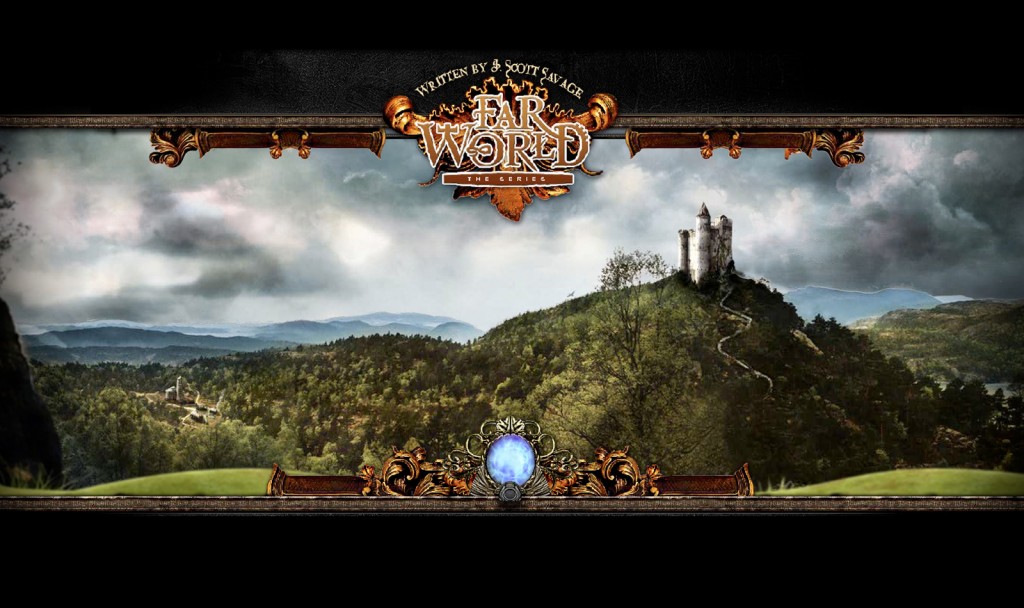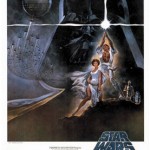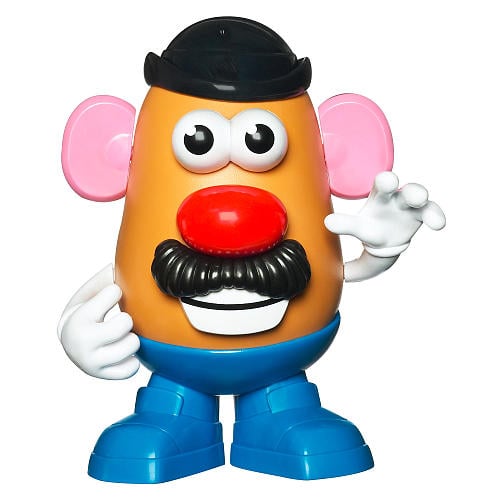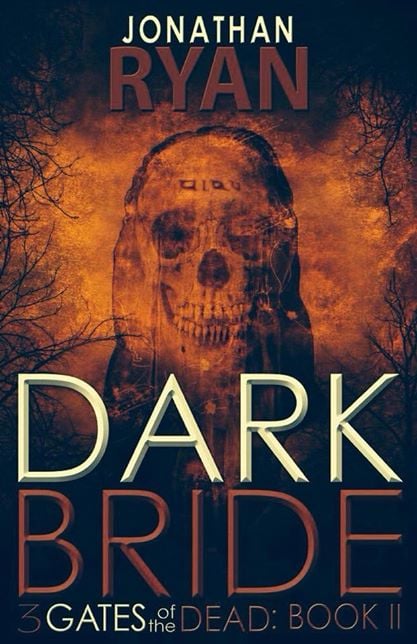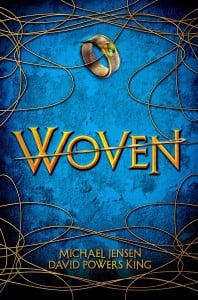(Teen Author Boot Camp is one of the largest writer’s conferences for teens in the country. J.Scott Savage is the guy who brought all the lovely ladies from Writers Cubed together. In fact, they call him “dad”. Turns out, he is an amazing writer in his own right and agreed to sit down with us before the conference. His book series, FarWorld is in bookstores everywhere)
Why did you get into writing?
I think it’s an extension of reading so much. Like many authors, I didn’t fit in with a lot of the other kids at school. Instead, I spent hours and hours in the library, reading everything I could get my hands on. At some point a light clicks on, and you think, “How cool would it be to write my own story?” Or course it’s both exhilarating to see your words on a page, and depressing to realize it isn’t as easy as it looks. (Is anything?) The one thing that didn’t occur to me until I was in my thirties was that other people—people I didn’t even know—might want to read what I wrote. I thought “authors” were famous people with lots of money. I didn’t realize that everyone is an author.
Why did you choose YA your genre?
It would probably be more accurate to say writing for younger readers chose me. I started with adult mysteries and thrillers. I still enjoy writing for adults. But about five years ago, I started the Farworld series. Then, a few years later, I started the Case File 13 series. What I found was that writing for younger readers hits a spot that, for me, rings the most true. Middle grade readers are discovering so many things in the world, which makes them open to discovering new worlds—whether that’s zombies and vampires, or just figuring out what the other gender is really thinking. (Hint, they’re as confused as you.) Teens are discovering that the world has so many hard decisions, and it’s tough sometime to know what’s right and what’s wrong in certain situations. Writing for them involves as many emotional and situational dilemmas as straight action. It’s not just how do I defeat the bad guys? It’s also, who are the bad guys? And, am I a bad guy? It’s such exciting stuff to write.
What is your day to day writing process look like?
I wish I could say it is always the same. Have breakfast, sit down at the keyboard, and crank out a quick 2500 words before 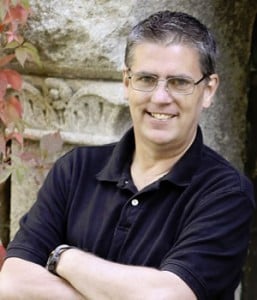 lunch. (Sigh, that sounds so good I’m practically drooling.) Sometimes it is like that. Sometimes you are just typing as fast as you can, because your brain is spilling out the story like a movie. But sometimes you struggle just to get out a couple of paragraphs or the right sentence. Then there are days where you are ripping out huge chunks of your beloved story and rewriting them, tightening them, or getting rid of them all together. Typically I try to start right after breakfast. I usually read what I wrote the day before, editing as I go, then jump right into the story. When I get done, I try not to stop at the end of a chapter—that makes it too hard to get going the next day—and I put some notes for where I see things going. I don’t worry as much about word count as I do putting in the time.
lunch. (Sigh, that sounds so good I’m practically drooling.) Sometimes it is like that. Sometimes you are just typing as fast as you can, because your brain is spilling out the story like a movie. But sometimes you struggle just to get out a couple of paragraphs or the right sentence. Then there are days where you are ripping out huge chunks of your beloved story and rewriting them, tightening them, or getting rid of them all together. Typically I try to start right after breakfast. I usually read what I wrote the day before, editing as I go, then jump right into the story. When I get done, I try not to stop at the end of a chapter—that makes it too hard to get going the next day—and I put some notes for where I see things going. I don’t worry as much about word count as I do putting in the time.
How does your participation in Teen Author Boot Camp demonstrate your passion for teen readers and writers?
The only thing better than writing for teens is talking to them. They are bursting with energy and ideas. There are a few things I try to communicate with teens. Many of them are things I wish I’d known when I was their age. First, different is good. It’s great. Your differences are your magic. They make you the amazing person you are. A lot of times kids, especially kids who love to read and write, don’t feel like they fit in. I’m there to tell them, that life isn’t a puzzle. You don’t have to fit a certain space. Second, that everyone is an author. You don’t need a six figure book deal or your name on the spine of a bestseller. Just putting words on a page makes you an author. Lastly, don’t be afraid to make mistakes. It’s okay to fail. In fact, if you don’t fail now and then, you’re probably not trying hard enough things. I’m so grateful for the books that spoke to me as a teen, and I love that my books speak to teens as well.
For someone who hasn’t read Far World, give us a snapshot of the series.
In a nutshell, Farworld is the story of a boy and a girl discovering that what they view as their weaknesses are actually their magic. Marcus is a boy on Earth in a wheelchair. Kyja is a girl who lives in a world where everyone has magic—even animals and plants. But not only can she not do magic, but she is immune to it. They both feel like outcasts. But they discover that they have the ability to briefly pull each other over to their worlds, and that if they can open a door between Earth and Farworld, they can possibly save their planets. Unfortunately that requires tracking down the elementals that control water, land, air, and fire. It’s about working together and the power of love and trust. It’s about learning everyone has magic inside them; they just need to discover what that magic is.
(Get J Scott Savages work on his Amazon page.)

